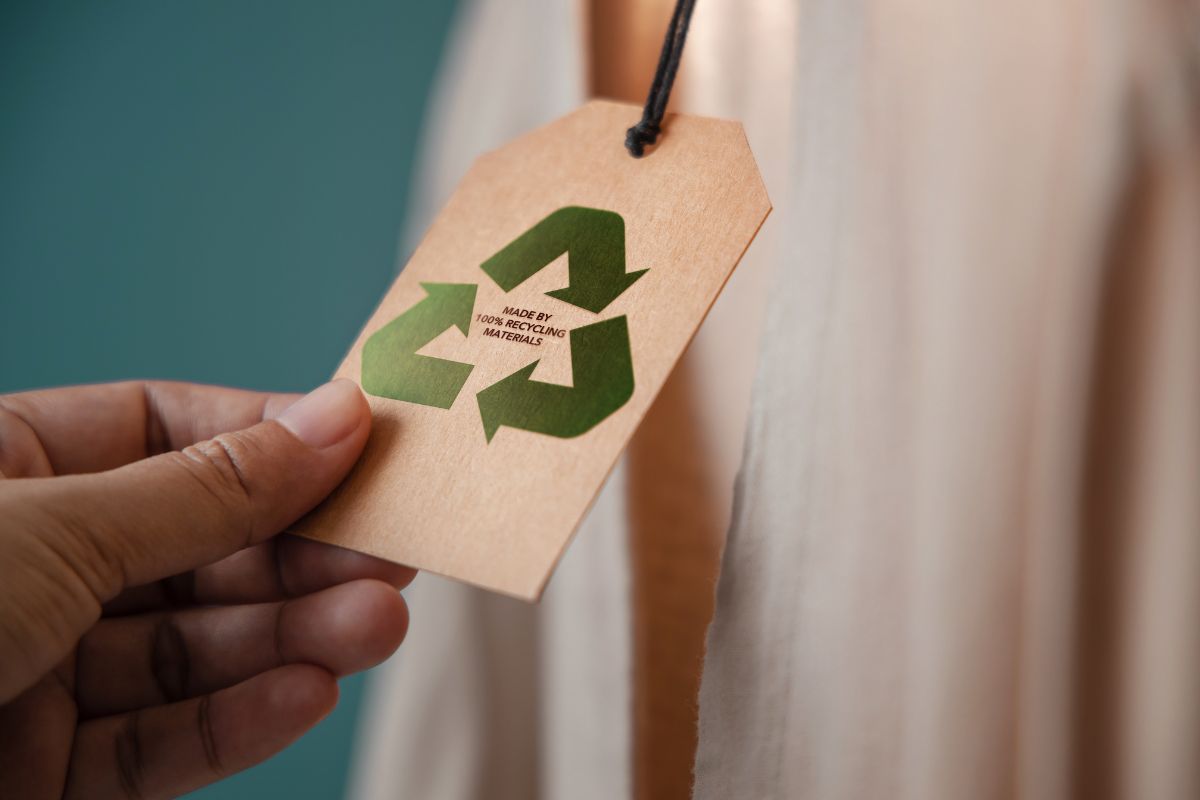
WEF Davos: Corporate Titans and Bankers Address the Challenges of Accelerating the Transition to Renewable Energy
The return of corporate leaders and bankers to the World Economic Forum (WEF) annual meeting in Davos, Switzerland, has brought renewed attention to the urgent need for action on climate change. Despite increasing numbers of organizations pledging to achieve net-zero emissions by mid-century, the world remains on course to miss its climate goals. The number of such pledges has risen by 60% to over 11,000 in September 2022, according to United Nations figures.
At the WEF, executives and bankers discussed ways to accelerate the transition to a greener future. Many reported that conversations in C-suites and with financiers have turned to the risks that climate change poses to businesses. André Hoffmann, the Vice Chairman of Swiss drugmaker Roche, stated that “Suddenly people have realized that it is something that’s not just a way of presenting things, but that it is a necessity for survival.”
Despite the growing recognition of the need for change, there is still a divide in opinion on the pace of the transition. Climate activist Greta Thunberg made the journey to Davos to call on the global energy industry and its financiers to end all fossil fuel investments. Bankers, on the other hand, argue that the energy crisis in Ukraine has shown that they need to fund a transition to renewable energy, which will take time.
Russia’s invasion of Ukraine and an economy-damaging spike in inflation dominated the past year. Executives from leading U.S. financial firms have also faced growing pressure from domestic right-wing politicians to decrease their focus on environmental issues in their investment decision-making. Despite these challenges, executives at the WEF emphasized their focus on sustainability. Suni Harford, the President of UBS’s asset management arm, who leads the bank’s sustainability efforts, said that “clients are becoming ever more informed on the energy transition, demand for sustainable and green products has held up well, and clients are increasingly looking to measure the impact of their portfolios.”
However, the world is still on course to miss its goal of capping global warming at 1.5 degrees Celsius above the pre-industrial average, heading instead towards 2.8 degrees, the U.N. Secretary-General told delegates. António Guterres gave a fresh warning about the dangers of shoddy corporate efforts to get to net-zero emissions and called for faster action.
“Put forward credible and transparent transition plans on how to achieve net zero – and submit those plans before the end of this year,” Guterres said in a speech. “The transition to net zero must be grounded in real emissions cuts.”
The importance of real emissions cuts was further emphasized by recent research. According to a study published in the journal Nature, even if all countries meet their current climate targets, global warming is still likely to exceed 4 degrees Celsius by the end of this century. This would have devastating consequences for the planet and for humanity, including increased frequency and severity of heatwaves, droughts, and extreme weather events.
The energy sector is a major contributor to global emissions and the transition to renewable energy is crucial to achieving net-zero emissions. However, this transition must be just and equitable. A recent report by the International Energy Agency (IEA) found that access to electricity remains a major challenge, with over 840 million people still living without access to electricity, the majority of whom are in sub-Saharan Africa. The report also found that access to clean cooking remains a significant issue, with over 3 billion people still relying on polluting fuels for cooking.
The transition to renewable energy must also take into account the need for energy access for all and must not lead to further marginalization of vulnerable communities.

Prachi, an accomplished Chief-Editor at The Sustainable Brands Journal, has 15+ years of experience in Europe, the Middle East, and India, managing 90+ global sustainable brands. She’s a prolific writer in sustainability, contributing to various publications. Prachi’s unwavering passion and expertise make her a recognized authority, driving positive change and inspiring a sustainable future.





